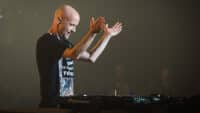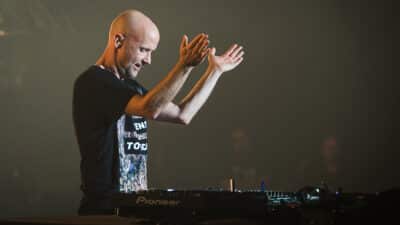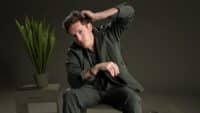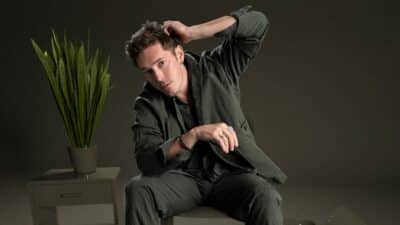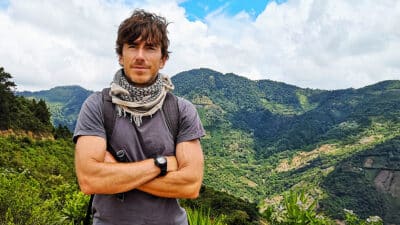Music
We celebrate 50 years of Sunny Afternoon with a look at life in the Swinging ’60s
The Kinks musical Sunny Afternoon is currently playing at The Harold Pinter Theatre and has just extended its booking period due to phenomenal demand.
The West End hit depicts the rise to stardom of British cult band The Kinks with songs like You Really Got Me, Waterloo Sunset, Dedicated Follower Of Fashion, Lola and, of course, Sunny Afternoon. With this year marking the 50th anniversary of Sunny Afternoon reaching number one in the summer of 1966 in the UK, we dive into the Kinks’ ‘1960s world of music, fashion and culture.
Last year Jon Savage published 1966: The Year the Decade Exploded which looks at the events and effects of the year that shaped pop culture as we know it today. A unique chemistry of ideas, substances, freedom of expression and dialogue across pop cultural continents created a landscape of immense and eventually shattering creativity. Jon Savage, who also wrote The Kinks’ official biography in 1984 and has since explored the topic of pop culture and punk music. We created our own little summary of what made 1966 the ultimate year of pop culture.
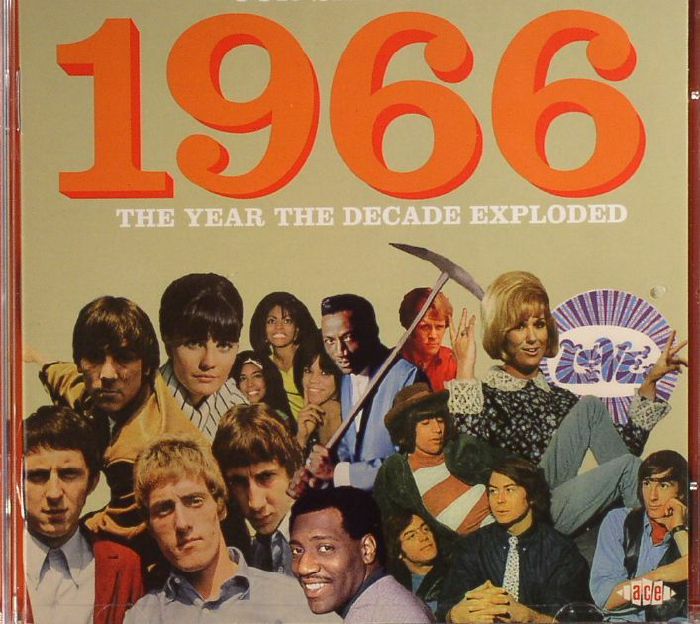
England win the World Cup
1966 – in England the first thing that comes to mind is the country’s World Cup victory against Germany on 30 July 1966. The win marked England’s first win of the FIFA World Cup. Not only that but as one of just a few nations so far, England managed to win the World Cup as a host country. The 1966 England squad truly was one for the history books, the team managed to not concede a goal until they reached the semi-final when Portugal scored a late penalty.
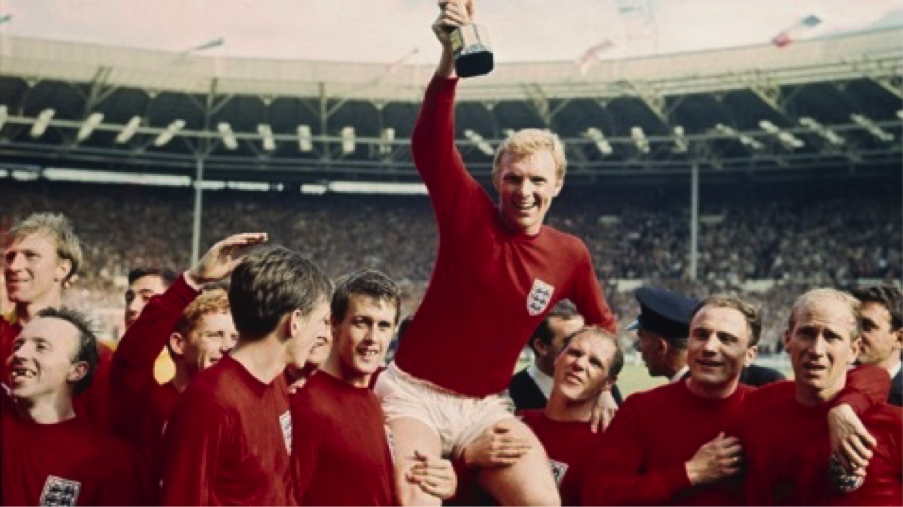
Swinging London
TIME magazine were the first to officially use and define the term “Swinging London” in their article from 15 April 1966. The catalyst for the cultural revolution was the recovery of the British economy after World War II. It embodied the new and modern, optimism and hedonism, and stretched across music, fashion and art. Carnaby Street was the fashion epicentre for followers of hippie and mod fashion with many independent boutiques as well as underground music bars such as The Roaring Twenties. The legendary shopping street was also the working area for bands like The Who and The Rolling Stones. The most iconic fashion item of this youth-oriented trend was the mini skirt worn by fashion icons like Twiggy, Jean Shrimpton and the one and only Bridget Bardot.
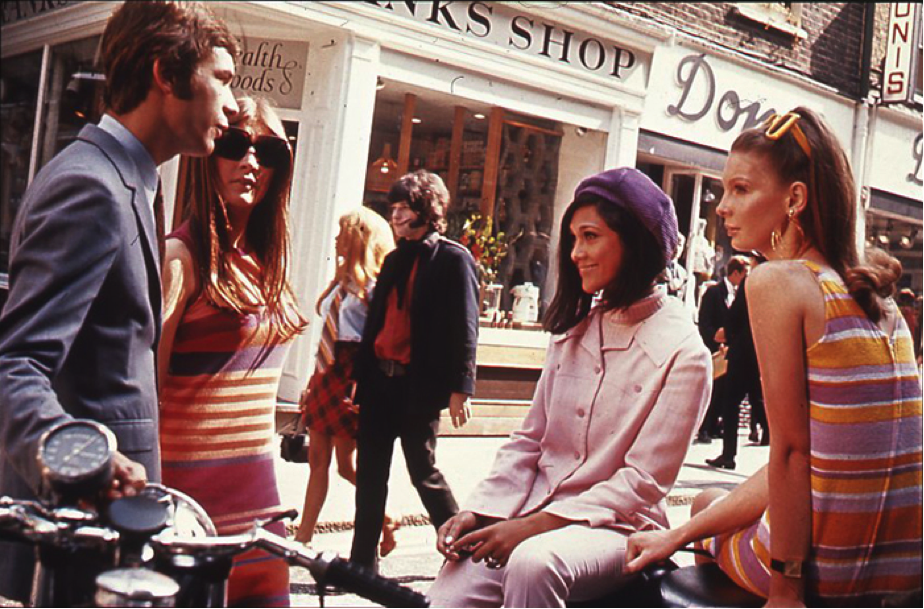
A year for pop culture and revolt
The ’60s also saw the birth of pirate radio in the UK. The demand for pirate radio arose from the fact that BBC Radio did not play pop or rock music. Swinging London was one of the most popular pirate radio stations. The top 40 offshore station was based on a ship in the North Sea just a few miles off Frinton-On-Sea, Essex, and operated only from 3 May until 13 November 1966.
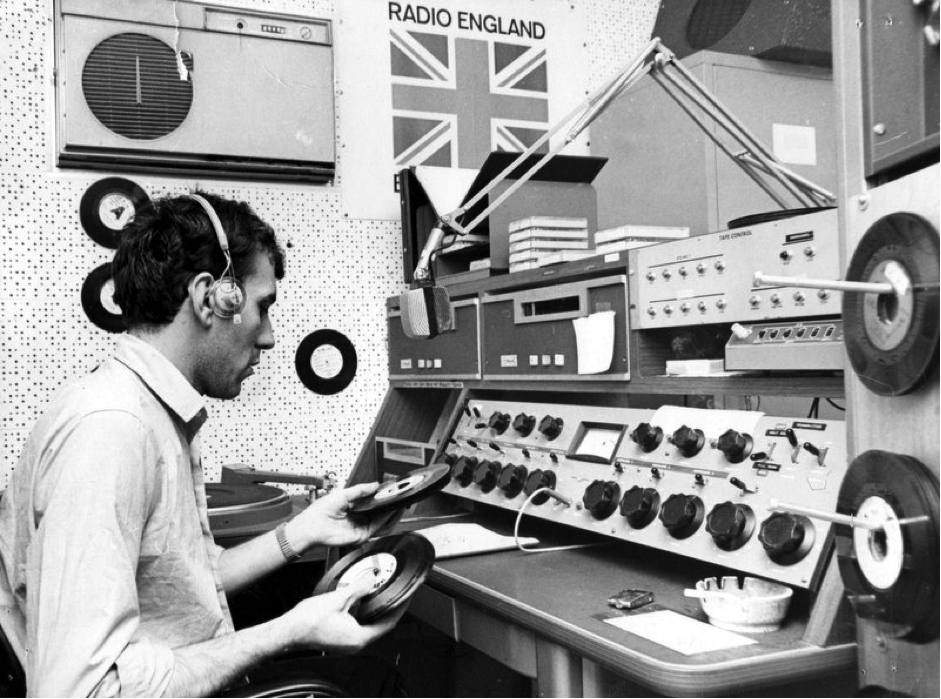
Andy Warhol’s iconic 3×3 Pop Art portraits had its origins in 1966 when he created the first one as a self-portrait. The set of three repetitions in three rows with a mix of primary and secondary colors later became most famous with a portrait of Marilyn Monroe. The American artist became the leader in the visual Pop Art movement.
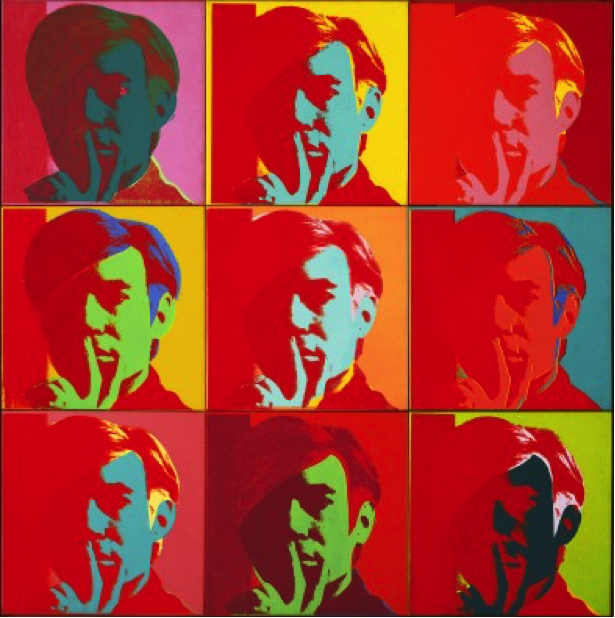
1966 was also the year It’s A Great Pumpkin Charlie Brown was first screened on TV. The TV special of Charles M. Schulz’ Peanuts series has since become a family favourite for the time before Halloween. In the story Charlie Brown is invited to his first ever Halloween party at Violet’s. Before the party, Charlie and his friends plan to go trick or treating with Snoopy. Only Linus won’t join them as he waiting in the pumpkin patch for the arrival of the Great Pumpkin. He believes the great pumpkin rises from the patch, flies into the air and delivers presents to all the kids.
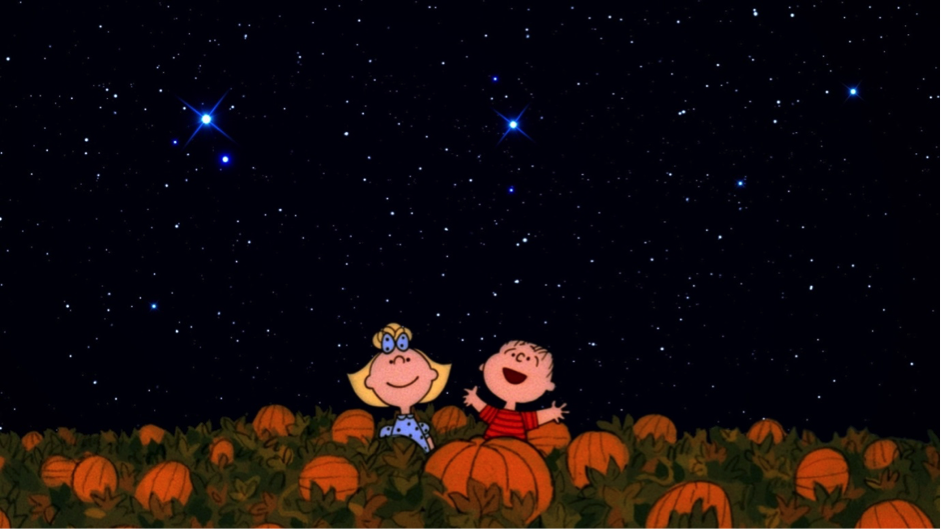
The Kinks – leaders of the British Invasion
The Kinks were formed in 1963 in London’s Muswell Hill by brothers Dave and Ray Davies. The group recorded a string of albums at a breakneck pace, whilst touring relentlessly, which caused much tension within the band. At the conclusion of their summer 1965 American tour, the Kinks were banned from re-entering the United States by the American government for unspecified reasons. For four years, The Kinks were prohibited from returning to the U.S., which not only meant that the group was deprived of the world’s largest music market, but that they were effectively cut off from the musical and social upheavals of the late ’60s.
Sunny Afternoon was their biggest UK hit and number one in the summer of 1966, displacing The Beatles’ Paperback Writer from the top spot. The song was a teaser for what would become their greatest success with 1967’s Waterloo Sunset. The band are quintessentially English and have influenced many popular British artists like Paul Weller, Blur and Oasis.
In the words of the late David Bowie: “I’ve never heard a Kinks song I didn’t like, of course from their noisy and brash beginnings, the kinks have come to stand for some of the most enduring and heart-clutching pop of all time. They are in the gut of every British songwriter who followed them and are indisputably a cornerstone of everything pop and rock. I love ‘em. The world loves ‘em.”
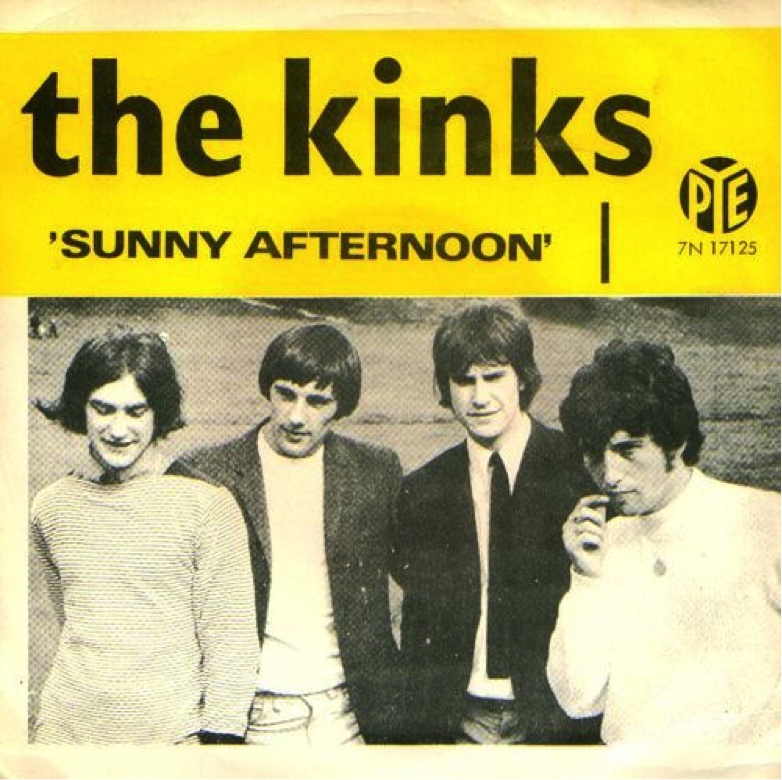
Sunny Afternoon is currently booking at The Harold Pinter, London until 25 June 2016, secure your seats now at Ticketmaster.co.uk.




